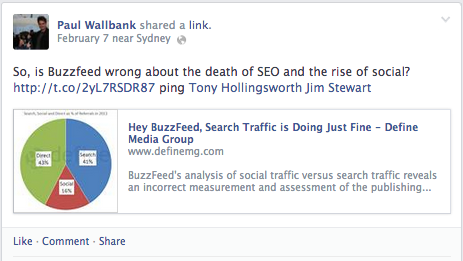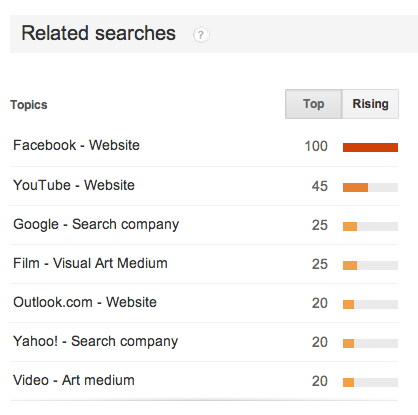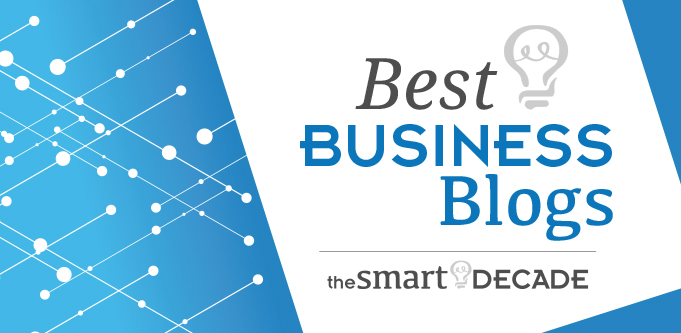Digital Marketing
This is a long post.. sorry. What is Digital Marketing? Sounds like a simple concept right? This is not a post about search vs social or any such bunk. It’s about understanding the whole digital marketing spectrum and where it’s heading. I’ve been labelled as a “know it all”, “Eddie the expert”, “Arrogant git” (and that is just from my wife!) in the past and I would admit at times that has been true. Especially when I was emerging from the rubble of a dot com tech wreck. Back then I thought I knew it all. I had a daily tech news show syndicated via Yahoo!, MSN, Optus and a bunch of places you have never heard of. I dropped an example at the bottom of this post from 2001 so you can have a giggle. I was 25kg heavier then and that video quality was for broadband users on 256kbps. One of the big things I learned from that experience was humility. Keep learning, because the space I’m in keeps changing. I missed the whole blogging thing at the time because I was arrogant. So what, you can update a webpage without having to code! Whoopteebloodydo I thought, I can code I don’t need to blog. Dumb and dumber, yep. So I’m not so arrogant these days as to think search marketing/SEO is the be all and end all. I know enough to know there’s plenty I don’t know which is why I’m writing this post. I’ve learned a lot in the last 12 months and it has greatly improved our business growth and continues our evolution. Essentially we are digital marketers but what does that mean. It’s something I’ve been thinking about a lot lately as technology is changing the marketing landscape very quickly. In game, in app advertising are growing rapidly and it probably won’t be long before we hear about wearables advertising.
SEO Is Fundamental
In the last few months I have read 3 articles claiming the death of SEO. One was written by someone who clearly had no idea what they were talking about but defined themselves as some sort of digital professional that consults to other businesses.. good luck with that. The article started by saying SEO was dead and went on to talk about how you needed to rank for things. Yeah, some people think it’s just good to publish regardless of the accuracy or quality of their content. Oh well. The second related article was by someone who was a professional SEO and said they were leaving the industry because Google worked really well now so SEO was no longer necessary. We’ve demonstrated numerous instances over the last few months where that simply isn’t the case. SEO spam is alive and well.
Just recently a excellent journo, sh-t stirrer and mate @paulwallbank , posted on Facebook an article rebutting one that Social Media was more important than SEO. Unfortunately I did not read it at the time because all I saw was Paul’s headline.
 I saw the “death of SEO” bit and immediately rolled my eyes. I was also busier than a one legged river dancer at the time and decided I had better things to do than defend something that needed no defence. When I see those sorts of headlines it is always an indication to me that the author doesn’t know what they’re talking about. Not Paul, you understand, he was just the messenger. I finally got to read what Paul had posted today and it is an excellent article on the role of a search strategy. Sorry I didn’t read it at the time bloke! Demonstrates how headlines can make or break a click though.
I saw the “death of SEO” bit and immediately rolled my eyes. I was also busier than a one legged river dancer at the time and decided I had better things to do than defend something that needed no defence. When I see those sorts of headlines it is always an indication to me that the author doesn’t know what they’re talking about. Not Paul, you understand, he was just the messenger. I finally got to read what Paul had posted today and it is an excellent article on the role of a search strategy. Sorry I didn’t read it at the time bloke! Demonstrates how headlines can make or break a click though.
Digital Marketing Used To Be Called Marketing
Before we had the web, marketing included things like advertising in print, mail (direct) radio, TV, Cinema and outdoor. These were all in what I call, the interrupted space. You’re interrupting my reading, viewing, listening and letterbox. These all still exist of course and have parallels in digital. Another form of old world offline marketing was the Yellow Pages. Still essentially display advertising when you look at the medium. It’s paper and ink right? The difference of course is user intent. Back in the day when the yellow pages was more than just a monitor prop or fire starter for a cold winters eve, we used it to find the product or service that we wanted. There was nothing else right? The parallel in the digital space is of course the search engines, not the online versions of the old paper directory. The reasons for this are numerous and obvious. You have to pay to get a decent listing in the digital version of the Yellow Pages so it is biased toward the biggest spenders and users trust it less. The big reason though is that the search engines replaced more than just advertising directories. They killed the encyclopedia business, dictionaries and all sorts of offline resource directories. They became the go to tool for getting immediate information. THAT dear reader is the role of search.
Facebook’s Biggest Referrer Is Google
When you want some information immediately you use a search engine. You may use the search engine and find the result you are looking for takes you to Facebook, twitter or some other social medium but it begins with search. In fact, Google is Facebook’s biggest traffic referrer. How do I know this? Easy, Google Trends.

Just like 20 years ago, today you still need to understand where to spend your marketing dollar. You may decide to even spend it in the heritage media, all the best trying to measure its effectiveness though. Back in the day, as a business you had to have a an ad in the Yellow Pages. Let’s face if anything is dead it’s the Yellow Pages. Today you have to be found in search. Remember the SEO lessons from a life size lego car? Well Google is now referring more traffic on a weekly basis than social. What are we doing to get that traffic? Nothing, nada, zip, zero, zilch. Nothing has been published since the initial launch, social traffic has died off quicker because of that but not organic. Organic usually will only grow as you publish more. However if I’m looking for the life size lego car, I’m going to Google it not wade through Facebook feeds.
My Digital Marketing Evolution
Most business owners I speak with either don’t know where their Digital Marketing should be focused or do know but don’t have the resources to do anything about it. I’m using the term “Digital Marketing” in a broad sense. It has taken me a while to come up with a definition. As a geek my brain immediately went with “Marketing delivered via TCP/IP” but that would exclude bluetooth and SMS and a range of other protocols. By the way as a consumer, I hate SMS marketing. The worse kind of intrusive & interruptive marketing. I would define digital marketing as simply publishing in the digital space. At the end of the day that is what will make the biggest difference to your business. It will grow your search traffic, it gives you a way to engage interact with your market and most importantly it helps grow your brand. I know there are plenty of businesses that do very well without a blog but most of them still publish, primarily via email.
Stew Art Media publish in a number of venues. Since I’ve been involved with Beers Blokes And Business we’re active in even more because of what I have learned from those podcasts. Thanks to what I’ve learned from pros like @seancallanan and @thehoneybar we’re helping our clients now with Facebook advertising. @sammartino learned me good on goal setting. I’d heard this before but for some reason I hadn’t applied it to my own business. Steve explained the differences between goals, strategies and tactics. It played on my mind for days afterwards. Basically it has changed the way we do business. Our goals should not be to get our clients to number 1 for a given phrase. Our goals should be to increase traffic and revenue for our clients. The rankings are just a strategy to achieve that. The tactics are how we execute that strategy. A really simple concept but an important one.
We’ve always done digital marketing for ourselves. Youtube, Adwords, Facebook ads etc as well as SEO. I’ve always coached clients on what they should be doing in other venues but now we’re rolling it out for them with a new suite of digital marketing services. SEO will always be the foundation of these marketing efforts though. It’s the gift that keeps on giving.
Check out these podcasts mentioned above.
027: Email is the new black!
025: Content Marketing – Tell Your Story
021: Planning the year ahead
018: Facebook, what’s up Zuck?
and for a laugh here’s the IOB Coffee Break from 2001.
UPDATE: Just posted an update on Sensis and their digital marketing

Jim’s been here for a while, you know who he is.


